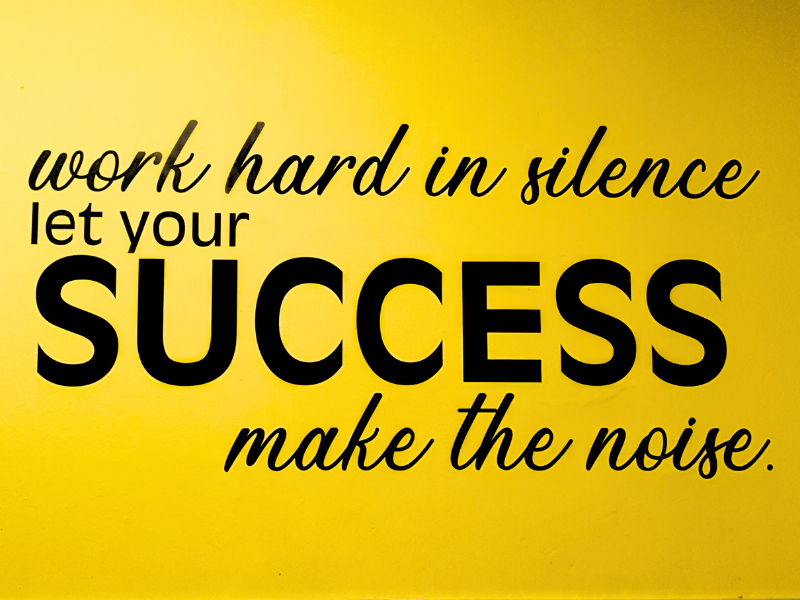Adapted from Headspace Group UK: https://www.headspacegroup.co.uk/
The idea of getting through a day at work can seem unpleasant whether you’ve had a horrible night of sleep. Numerous negative effects can result from feeling worn out and lethargic. You’ll notice a lack of inspiration and motivation. Your productivity may suffer if it seems tough to stay focused on your projects.
A working adult needs seven to nine hours of sleep every night, but 32% of those in this age group report getting less than six.
The value of sleep
For our general health as well as our ability to function at work, getting enough sleep is crucial. A procedure that revives our mind and body starts when our brain enters a sleep state. This process strengthens our immune and cardiovascular systems, increases our ability to learn new information, and improves our ability to think clearly.
Sleep deprivation has an impact on our well-being, including our performance at work. It impairs our thinking, slows our reaction times, and emotionally drains us. Sleep deprivation may also lead to irritability, anger, and increased stress. It can even cause general cognitive decline over time.
Maintaining Concentration at Work
You may be tired and irritable, but you must keep your positive attitude.
First, if you wake up tired, drink plenty of water to stay hydrated. Dehydration makes us feel tired, so drink water throughout the day and pair it with a healthy breakfast.
Caffeine in coffee, when consumed in moderation, can provide an energy boost, and help you feel more alert. Limit yourself to two cups of coffee per day, one in the morning when you arrive at work and one at lunch. Don’t overdo it because it will make you fidgety and anxious.
Eating nutritious foods
When tired, some people turn to sugar for an energy boost. You should avoid carbohydrate-rich, high-calorie snacks. The sugar will give you a quick “sugar rush,” but it will not last. You’ll feel far worse after it passes.
Try avoiding heavy lunches, sugary foods, and energy drinks. Rather, eat healthily throughout the day, emphasizing protein-rich foods like lean meat and nuts. Rather than a coffee and a chocolate bar, eat a piece of fruit and continue to drink water. This will help to maintain your energy for longer.
Maintain a simple day.
Try to simplify your day. If you have an important meeting, see if you can reschedule it without disrupting colleagues. If you had six difficult tasks planned, try to reduce them to the three most important. Concentrate on completing fewer tasks so that you can work to a better standard.
Take a walk during lunch to get some fresh air. Natural light and physical activity will help you feel better. Daylight assists our bodies in blocking the production of melatonin, the sleep hormone.
Workplace adaptability
Employees who have had a bad night’s sleep may benefit from working in a flexible workspace, such as a coworking space (such as @Work coworking office space). You can reorganize your day’s schedule more easily if you’re able to adjust your start and end times.
Working in a corporate office can make it more difficult to adapt your workload but working in a flexible workplace allows you to work around your schedule.
Timetable for sleeping
Finally, don’t be tempted to go straight to bed when you get home from a sleepless day. This may further disrupt your sleep cycle because you may wake up in the early hours after seven or eight hours of sleep.






